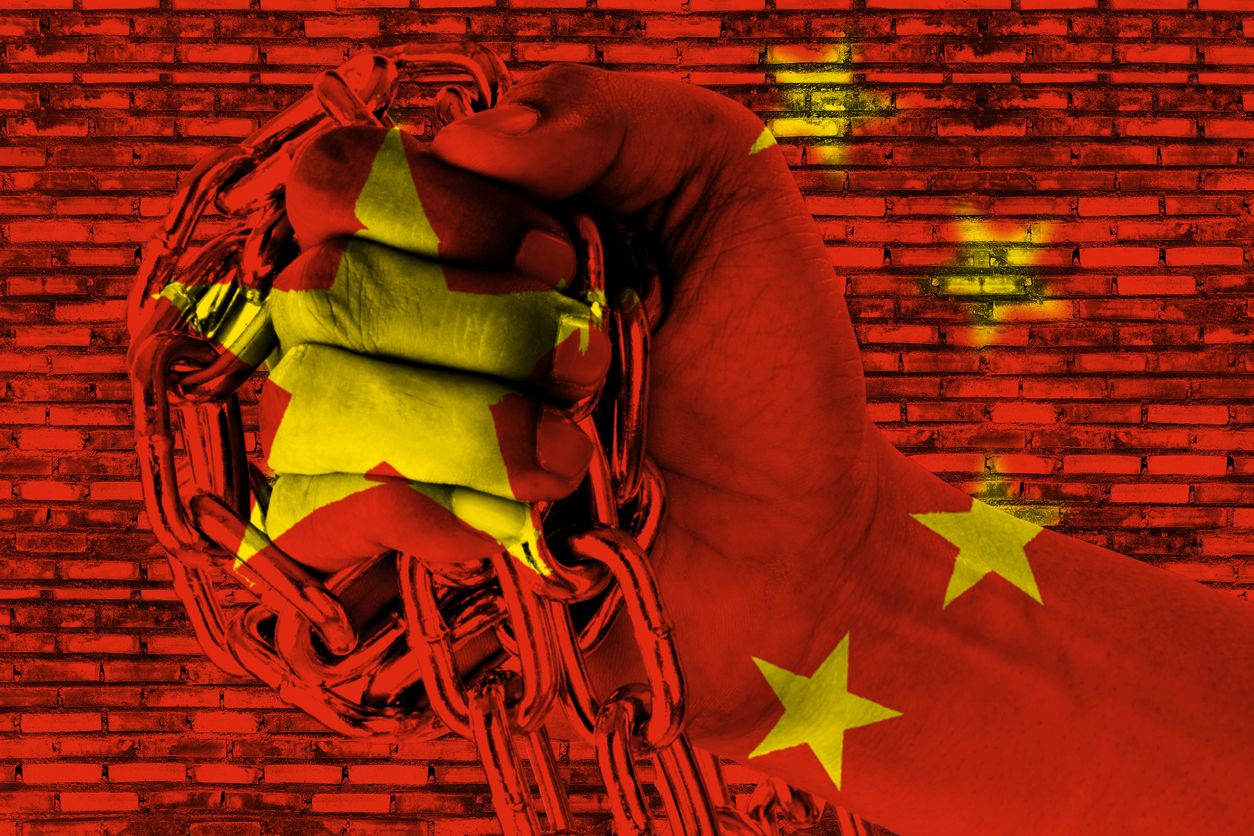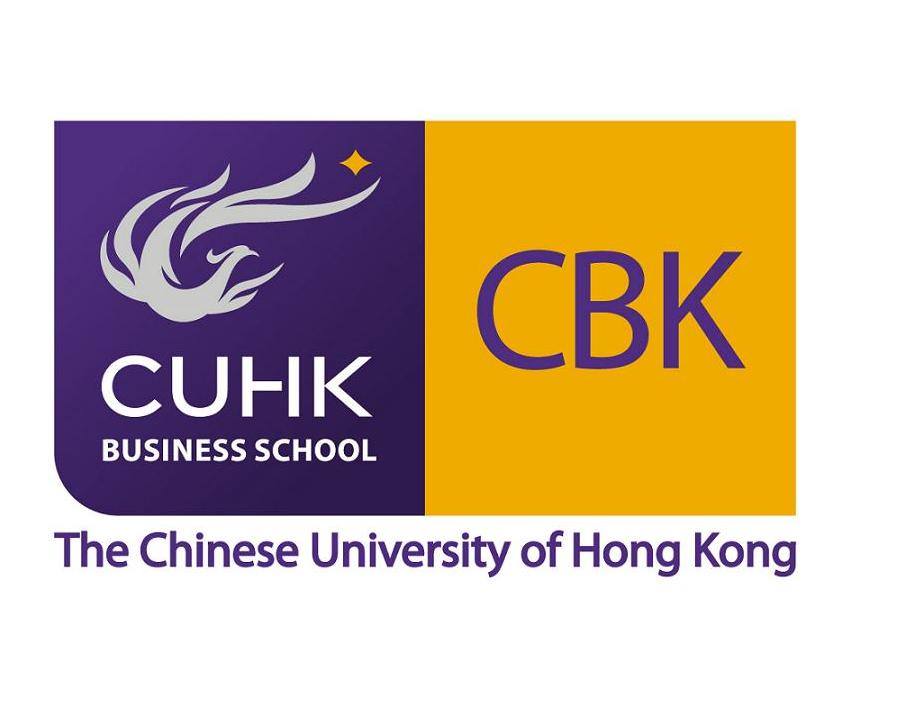
Publish On
28 Apr 2017

This article is republished with permission by China Business Knowledge at Chinese University of Hong Kong Business School. You can access the original article here.
By Prof. Zhang Tianyu, School of Accountancy and Director of the Center for Institutions and Governance, CUHK Business School
Shareholders of low-profile Chinese property developer Tianjin Realty Development recently made news by voting to keep party politics out of the Shanghai-listed company's organisational structure. Such action has never been heard of before at any State-Owned Enterprise (SOE) in the history of China's economic modernisation.
What actually happened was that shareholders holding more than 36% of the company’s stock rejected a motion to establish a Chinese Communist Party committee within the company. For the motion to pass, it needed two-thirds support, so the proposal failed by only a few percentage points.
The motion was proposed based on guidance from the party and the agency that supervises state assets. While party committees have existed within SOEs since they came into being, the fervor to include them in corporate governance structures was renewed in 2015 based on President Xi Jinping's wish to tighten supervision over state-owned companies, improve their efficiency and reduce corrupt practices within them.
What happened at Tianjin Realty appears to amount to a "rebellion" against this mandate to strengthen the party’s grip on state-owned groups. For those of us used to Western-style corporate governance, well-established company law and self-regulated markets, the mere presence of a political entity within a company may sound threatening or even terrifying. But in China, as well as in other one-party states, it is commonplace.
What we see in Tianjin Realty's case is the rise of an alternative voice that does not toe the party line. This is perceived as a bold move because going against the grain in China's political environment is inherently risky. In fact, no one knows how this unprecedented move will cost the company going forward.
Shareholder Confidence
Why was there a shift in the typical lopsided, sure-fire, pro-government voting pattern all of a sudden? It is unknown who voted for and against the motion. But looking at shareholders with equity stakes of less than 5 percent, a whopping 90 percent voted against the proposal.
These minority shareholders include professional money managers: UBS, the company’s second-biggest shareholder, has a 4.03 percent stake; a mainland private property developer has 2.81 percent; and a private individual owns 2.32 percent.
Professional investors tend to believe that they can efficiently monitor company performance and management activities without the interference of party committees. To them, the presence of a political body may post a threat to their autonomy in guiding the enterprise the way they want to, possibly in ways the Communist Party may not approve of.
On the other hand, the Chinese government's quest to tighten control over SOEs is a result of rampant corruption in these companies. It is no secret that many SOE managers and chairmen have been involved in squeezing resources from state assets, so political interference is the government's way of righting wrongs.
It is easy to fall under the assumption that this kind of conflict between market forces and political control is unique to China. But even in a free-market economy like the U.S., such conflicts have always existed. Rather than party control, political interference comes in the form of legal regulations on private business activities. The question is how to reduce conflict and make both sides happy.
The Chinese authorities could employ experts who are knowledgeable in modern economics to monitor SOE activities. The government should understand that modern companies are increasingly sensitive to political intervention as they become more exposed to Western-style corporate governance, especially those who have professional investors among their shareholders.
The best way to mitigate conflict and strengthen trust would be to hire professional bodies to represent the state, such as a high-quality auditor to look after the accounting numbers, and put professionals on the board of directors to monitor executives on behalf of Beijing. This would not only increase the state's credibility in its monitoring work, but also improve lines of communication between the state and SOEs.
Having said that, it is hard to see what happened at Tianjin Realty becoming a trend. However, it is helpful to ponder how the relationship between the Communist Party and modern enterprises can develop in a constructive way rather than escalate into deeper conflicts.
Follow us on Twitter (@sgsmuperspectiv) or like us on Facebook (https://www.facebook.com/PerspectivesAtSMU)